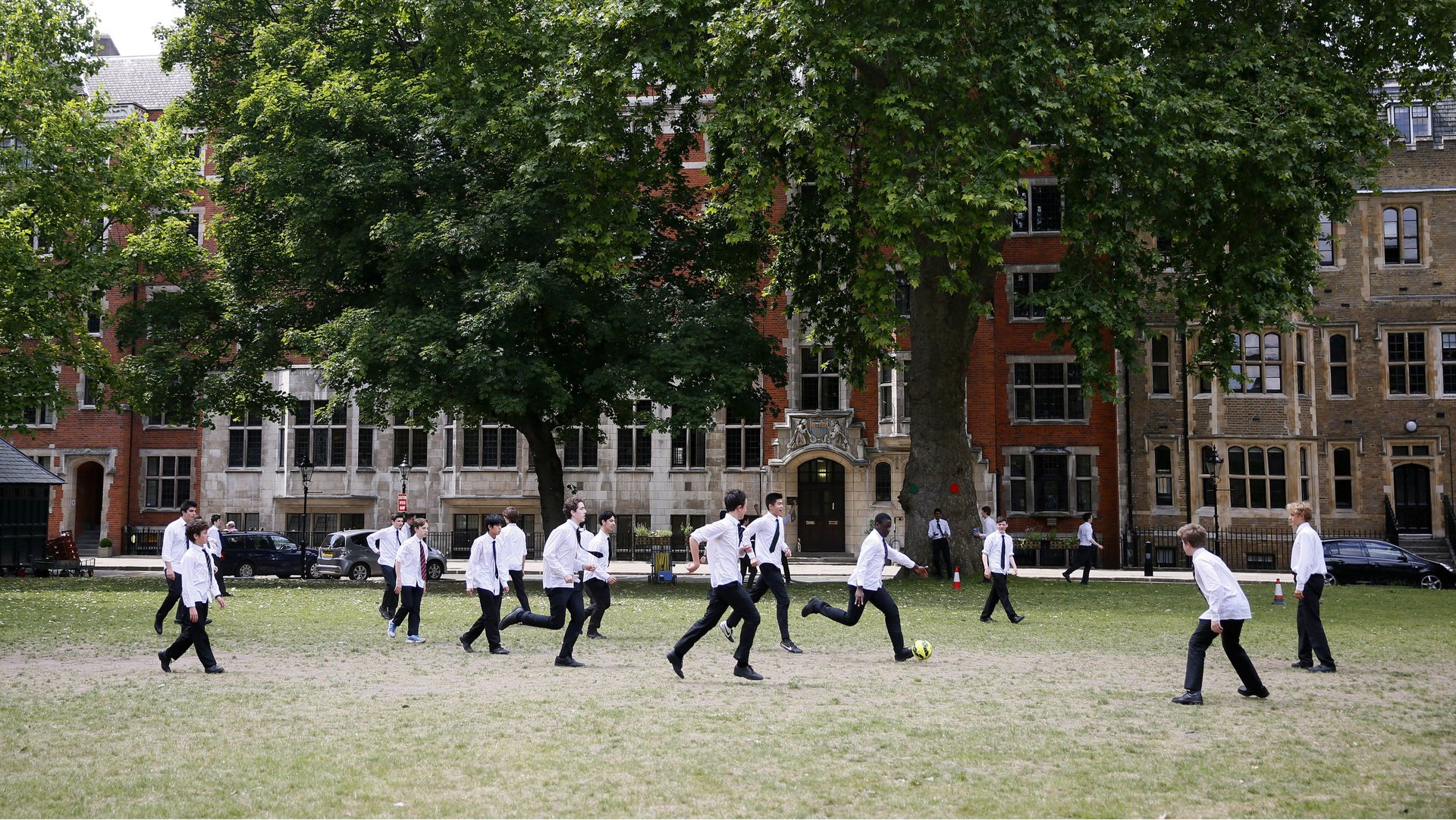Even teachers now say that academics are not the key to kids’ success
To many, increasing automation and the unprecedented pace of technological changes mean kids need more than just academic skills to succeed. They need confidence and motivation to tackle problems, interpersonal skills to work with others and the resilience to stay on task when things fall apart.


To many, increasing automation and the unprecedented pace of technological changes mean kids need more than just academic skills to succeed. They need confidence and motivation to tackle problems, interpersonal skills to work with others and the resilience to stay on task when things fall apart.
New research from the Sutton Trust, a British foundation focused on social mobility, finds that 88% of young people, 94% of employers, and 97% of teachers say these so-called life skills are as or more important than academic qualifications. Perhaps more surprising: more than half of teachers surveyed—53%—believe these “non-cognitive” or “soft” skills are more important than academic skills to young people’s success.
“It is the ability to show flexibility, creativity, and teamwork that are increasingly becoming just as valuable, if not more valuable, than academic knowledge and technical skills,” said Peter Lampl, founder and chairman of the Sutton Trust.
The teachers’ perspective flies in the face of a decades-long movement from governments in the US and UK toward increased standards and testing. The more educators emphasize test scores, the more teachers feel hamstrung to focus their teaching on preparing for those tests, which crowds out the space to teach a subject they might love, or to underpin the subject with creative and collaborative projects and lessons to help build social and emotional learning, or character.
While testing has an important role to play in education, more research is pointing to the idea that too much testing crowds out real learning. Amanda Spielman, Britain’s chief school inspector, said this week that “the regular taking of test papers does little to increase a child’s ability to comprehend. A much better use of time is to teach and help children to read and read more.”
Meanwhile, teaching “character” is taking hold everywhere from Singapore and China to Colombia and Uganda. And employers are on board. Recent research in the US shows that jobs requiring a combination of strong social and cognitive skills are rising far faster than those based on cognitive ability alone.
Unfortunately, the Sutton Trust research found that, despite a lot of lip service about the importance of life skills, most schools in the UK aren’t doing enough to teach them. The National Foundation for Education Research asked secondary school teachers (kids aged 13-18) across England how many offered programs to build life skills, such as extracurricular activities (sports, drama, debating), or volunteering programs. They also asked kids whether they participated. More than a third of students—37%—don’t take part in any clubs or activities. Nearly half of teachers said their schools provided debating, yet just 2% of young people said they participated.
There is also a huge socioeconomic dimension. Less than half (46%) of students from disadvantaged backgrounds participate in extracurriculars, compared to 66% from better off families.
The group stressed the need for a more holistic approach to children’s education, and also vouchers to help disadvantaged kids participate in extracurricular activities. It noted that private schools have long focused on the importance of building confidence, articulacy (a Britishism for being articulate), and perseverance. And research shows those private school kids dominate the ranks of government and industry.